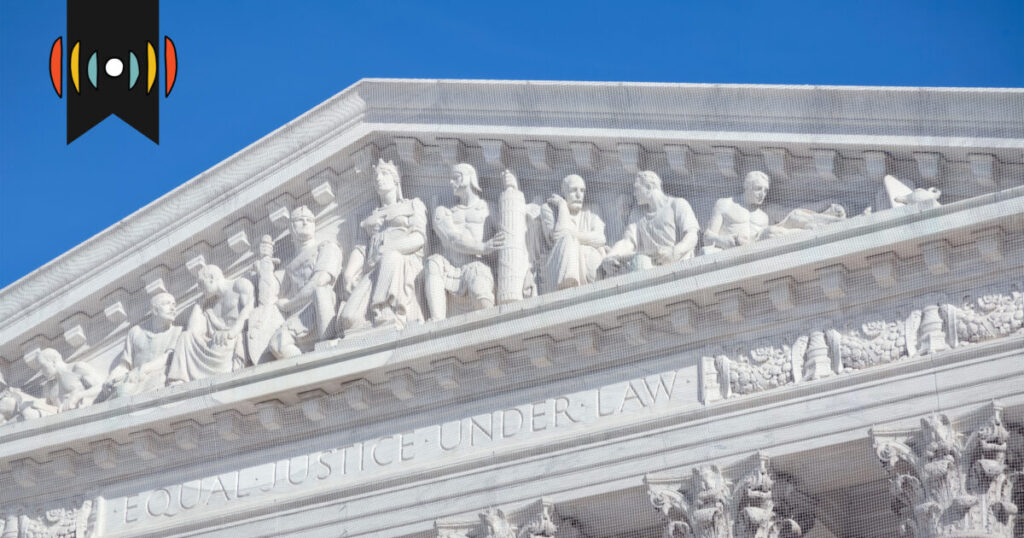NICK EICHER, HOST: We turn now to three decisions handed down by the U.S. Supreme Court last week.
MARY REICHARD, HOST: The original ruling raised the bar required to challenge political maps as racial injustice.
In a 6-3 vote, the majority ruled that South Carolina's newly drawn congressional districts were constitutional.
Eicher: The Constitution gives state legislatures the power to draw congressional districts, which are political in nature, but case law has said that these maps cannot be drawn primarily based on race.
In a state where more than 90% of black voters vote Democratic, it's hard to tell whether race or political orientation predominates in mapmakers' minds.
REICHARD: The Supreme Court said that in situations like this, the map challengers “must separate race and politics if they want to prove that Congress acted on race and not partisan principles.” The map challengers had no direct evidence of racial bias and their circumstantial evidence was weak.
Chief Justice John Roberts’ final ruling on the case came during oral argument last October:
Chief Justice Roberts: We've never had a case where there was no direct evidence, no maps, no weird redistricting. There's a tremendous amount of political evidence, whether the district court believes it or not, and it's all circumstantial. I'm not saying we can't get there. But this seems to me to be breaking new ground in our voting rights jurisprudence.
Eicher: So what this does is make it much more likely that Republican incumbent Rep. Nancy Mace will be able to keep her seat.
Justices Elena Kagan, Sonia Sotomayor and Ketanji Brown Jackson dissented, charging that the majority gave Congress a reason to use race as a proxy to get what it wants. The case was reversed in part and remanded in part to correct the lower court's error.
REICHERD: This second ruling, also 6-3, was a defeat for two men who challenged a federal law known as the Armed Career Criminal Act, or ACCA, which mandates a minimum 15-year sentence for three-time felons with a history of criminal violence.
The convicted men argued that their drug convictions did not count as criminal records because they were state, not federal, law, but the Supreme Court disagreed, finding that state convictions could be taken into account for ACCA purposes as long as the drugs involved were federally controlled at the time of their conviction.
Eicher: The final ruling was unanimous and a loss for Coinbase, the cryptocurrency trading platform operator. The company ran a sweepstakes that consumers claim they were deceived into. Some users felt they were forced to pay $100 to enter. The dispute is over two different contracts: one says any disputes must go through arbitration, and the other says any disputes must be resolved in a California court. It's a matter for the justices to decide which contract prevails, and all nine agreed that the court must decide which contract takes precedence.
WORLD Radio transcripts are produced to meet rush deadlines. This text may not be final and may be updated or revised over time. Accuracy and availability may vary. The official recording of a WORLD Radio show is the audio recording.



